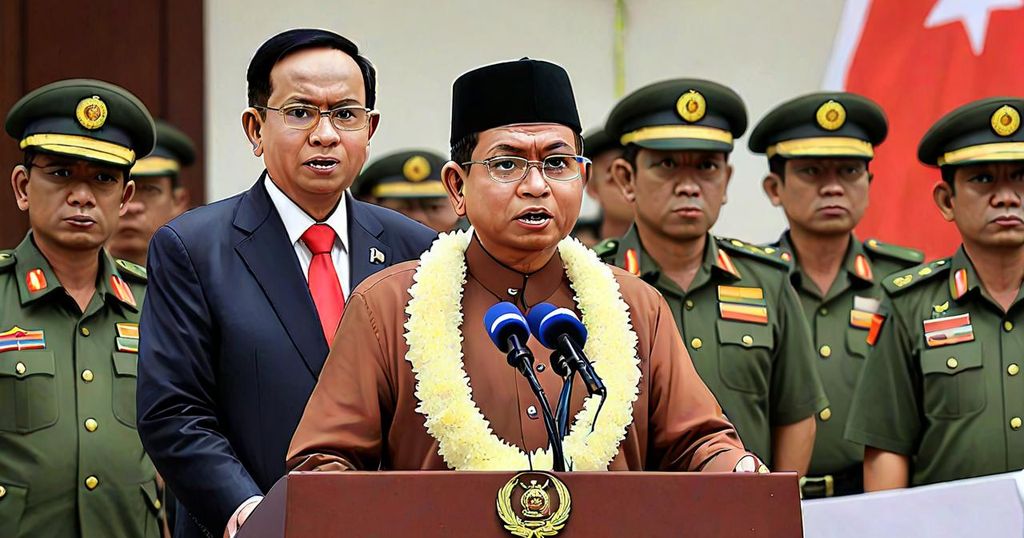The recent presidential election in Indonesia has sparked widespread concerns regarding the integrity of the electoral process and has led to questions regarding the legitimacy of the results. The decision of the Election Commission to cease the public display of ongoing vote tally results online has triggered widespread criticism and allegations of foul play from various stakeholders.
Observers have cautioned that the opposition to Prabowo’s candidacy could potentially lead to unrest, as government agencies may potentially be exploited to quash dissenting opinions. These concerns have been heightened by accusations of state intervention and political maneuvering by the incumbent President Jokowi, which have cast a shadow of doubt over the credibility of the election.
A key point of contention revolves around the sudden surge in votes for the Indonesian Solidarity Party (PSI), headed by President Widodo’s youngest son. This irregular increase in votes has sparked suspicions of potential vote manipulation and has prompted civil society groups to advocate for increased transparency and responsibility within the electoral process.
Advocates for rival candidates Anies and Ganjar have criticized the Election Commission’s decision to eliminate live vote count numbers from its online platform, citing potential hidden agendas and irregularities. Concerns exist that influential individuals or parties may have influenced the vote count, further eroding the credibility of the election.
While there is a strong demand for transparency and responsibility within the electoral process, critics of the government and rival candidates must proceed cautiously, as there are risks of potential retaliatory actions. For example, presidential candidate Ganjar was reported to Indonesia’s Corruption Eradication Commission for alleged embezzlement, a move that his camp views as politically motivated due to his campaign for a legislative inquiry into the election irregularities.
There are also concerns about the independence and credibility of the anti-corruption agency, with allegations of it being used as a political tool by those in power to weaken political opponents. The agency’s actions and investigations have been called into question, further contributing to the atmosphere of uncertainty and suspicion surrounding the election process.
Overall, the recent presidential election in Indonesia has raised serious doubts about the integrity and fairness of the electoral process, with allegations of irregularities, manipulation, and potential political interference. The future of Indonesia’s democracy is at risk, and it is imperative for all parties involved to uphold the principles of transparency, accountability, and fairness in order to maintain the legitimacy of the electoral system.

Leave a Reply